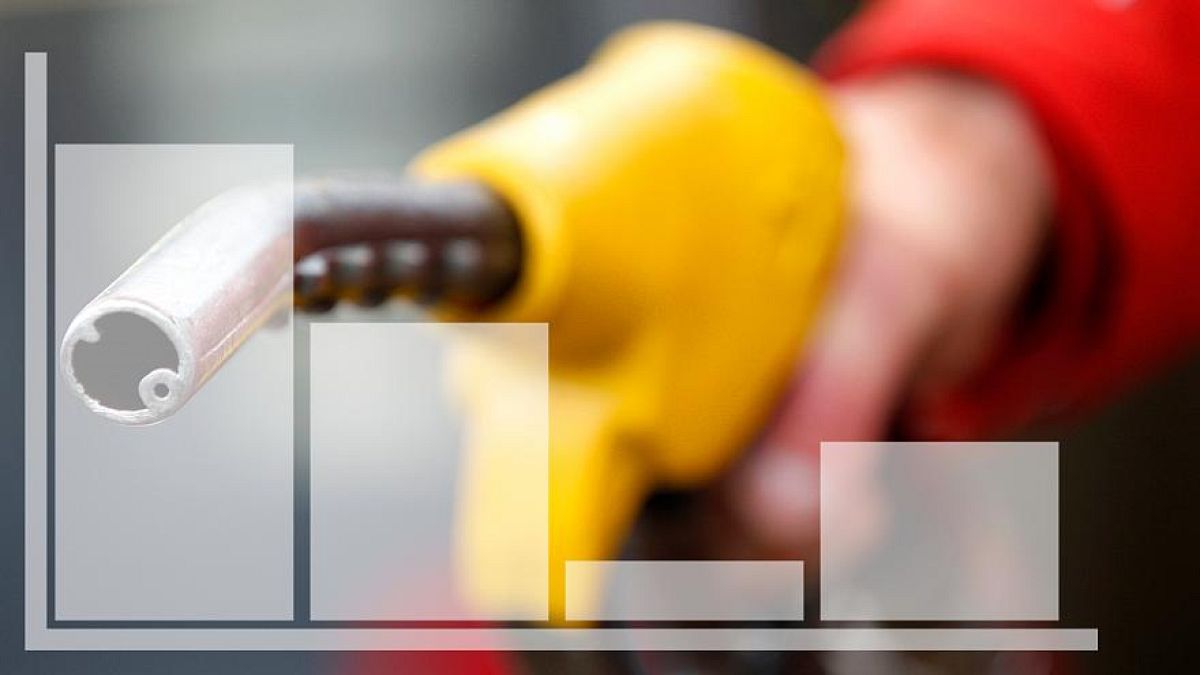Diesel has begun its decline in France, but it's not yet said its last word in Europe.
France is the European country with the most diesel cars. And yet, it is one of the few countries where diesel has begun to decline. In 2017, more petrol cars were sold than diesel (48% of sales). It’s a big change for the country and a telling sign for the change of the trend across the continent.
Diesel car sales had been rising steadily for 30 years
**In Europe as a whole, 52% of the cars are still fuelled by petrol. **Only six of the thirty countries have more diesel cars than petrol.
France (70%) and Luxembourg (65%) top the table and Cyprus has the least love for diesel cars with just 12.5% using the fuel.
There are nine times more diesel cars in 2015 than 30 years ago. In Hungary, there are 60 times more.
As the number of cars grows, it may be more telling to consider the change in the share of diesel among those. In Europe, diesel increased from almost 3% of cars in 1990 to 37% in 2015, i.e. thirteen times more. Over just the past ten years, the proportion of diesel cars in Sweden has increased the most, from 5.2% of diesel cars in 2005 to nearly 30% in 2015.
Signs of a slowdown in diesel?
The latest figures from Eurostat, the European statistics agency, date back to 2015, which was before the Volkswagen scandal broke out over cheating on diesel pollution measurements. Therefore, this data might not reflect the current situation and possible reversals of the European markets.
On the other hand, there were already signs of an initial slowdown in the new registrations of diesel cars compared to petrol. The first reversal in a decade.
In 1992, 21% of new registrations in Europe were diesel cars, in 2015 they were up at 53%.
In Sweden, the share of diesel new registrations has increased 66 times from 0.90% in 1992 to 59% in 2015.
Although they have the lowest percentage of diesels, Cyprus also had the largest percentage towards the fuel in the past 10 years. The proportion of new diesel registrations increased nine-fold, from 2.4% in 2005 to 31% in 2015. 2008 saw the biggest surge towards the fuel.
On the other hand, over the past ten years, diesel has been declining for new car registrations in five countries. The largest declines occurred in Belgium, Austria and France, with around 15% fewer new diesel cars than in 2005.
Why the big change in France?
France sits at the head of Europe’s fleet with 70% of cars running on diesel. And it’s no surprise, as the market has been heavily oriented in favour of this fuel for years.
So much so that in the early 1990s, France accounted for 45% of all new diesel car registrations in Europe.
With the steady increase in new diesel registrations in other European countries, the situation has levelled off over time; In 2015, France accounted for just 16% of new diesel car registrations on the continent.
But now, France is one of the first countries where the market for new cars has reversed in favour of petrol cars. The sale of diesel cars has dropped by 16% since 2005.
The plans of the French Minister for the Environment is now to accelerate the market reversal in favour of petrol engines. Nicolas Hulot has proposed reducing the petrol-diesel tax gap and a total ban on both petrol and diesel engines in new cars by 2040. Other countries, such as the United Kingdom, Spain and Greece also plan to ban diesel cars in the near future.
Germany, a major manufacturer of cars, especially diesel, remains ambivalent on the issue of diesel. Political leaders have been accused by the German Greens of complacency towards diesel-friendly car manufacturers. Just last summer, BMW CEO Harald Krüger said that "the future of mobility certainly depends on ultra-sophisticated diesel engines".
Pollution difficult to evaluate, but with tangible effects
The highest energy consumption in Europe is in the transport sector, but there is no data available at European level to determine the share of consumption attributable to trucks or cars. It is therefore difficult to assess the impact that a return to petrol cars could have on air pollution.
Diesel engines are certainly responsible for pollution with nitrogen oxides (NOx) and fine particles and have been classified as carcinogenic by the WHO in 2012. A study published by the NGO ICCT in the journal Nature put a figure of 107 600 deaths around the world which could be attributable to nitrogen oxide pollution, of which 38 000 were because of NOx levels by the car manufacturers exceeding authorised levels.
